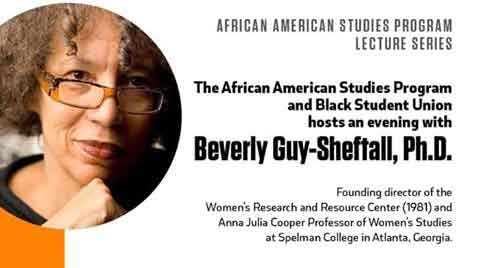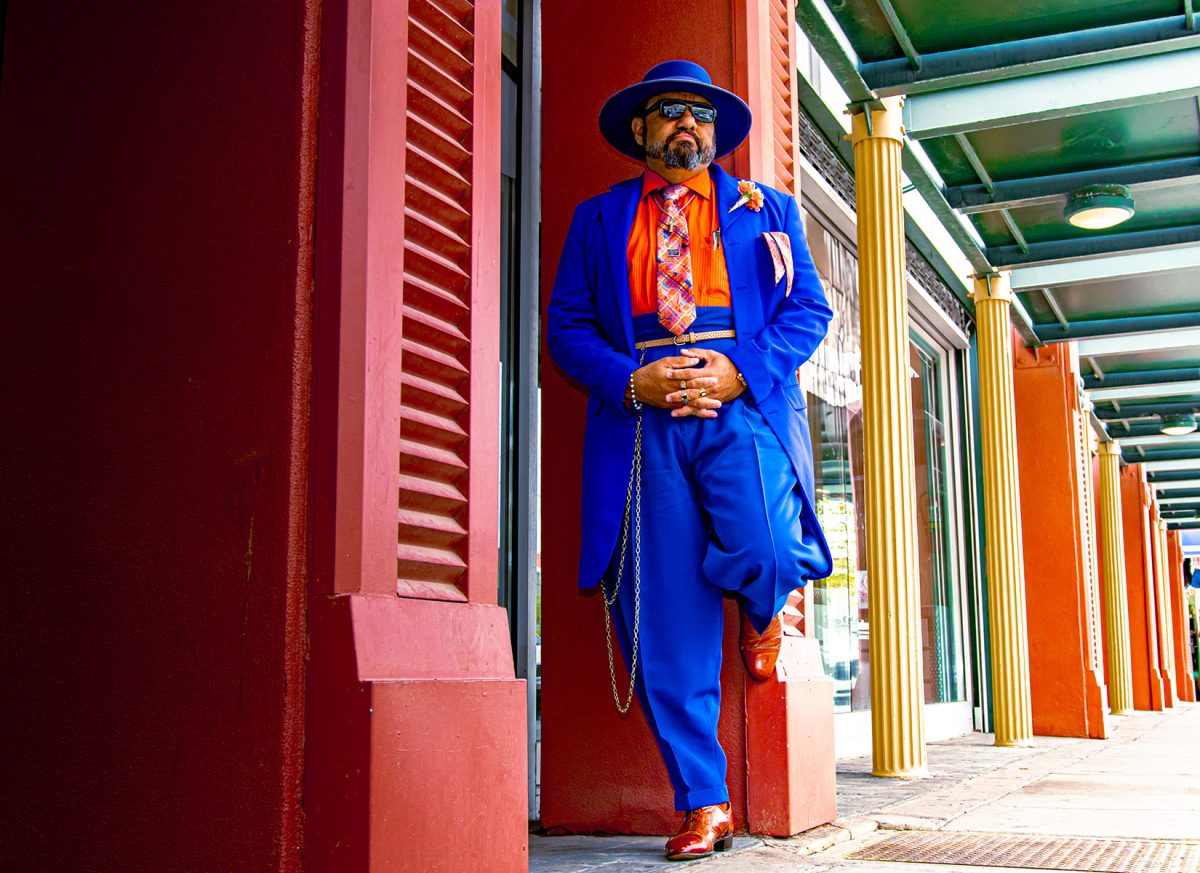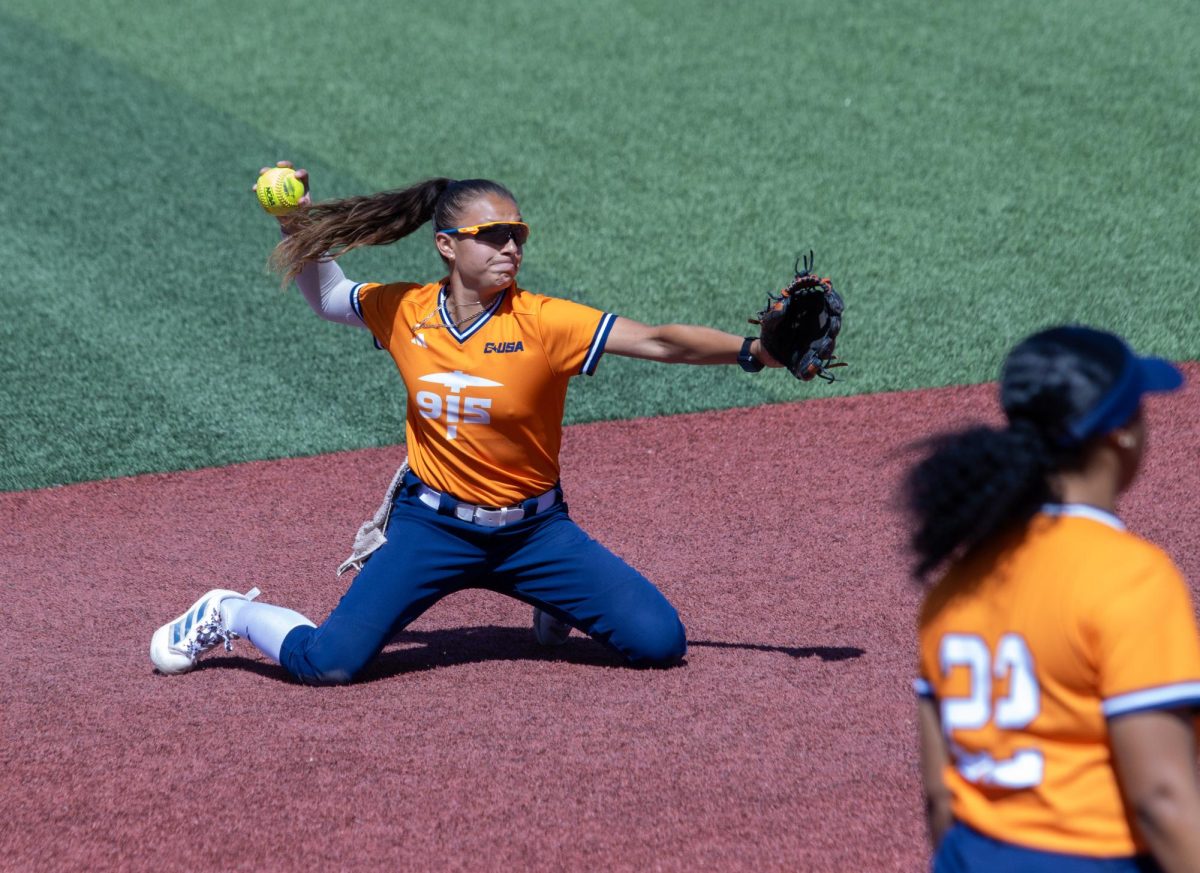In celebration of Black History Month, The African American Studies Program and Black Student Union held a lecture with Professor Beverly Guy-Sheftall a recognized scholar and director of the Women’s Research Center and Anna Julia Cooper Professor of Women’s Studies at Spelman College in Atlanta, Georgia.
Dr. Michael Vinson Williams, Professor of History and Director of the African American Studies Program believed it was important to bring to UTEP a successful woman like Dr. Beverly Guy-Sheftall to talk about the different issues African Americans overcame through history to inspire the young generations.
“Just how important it is to be aware of what is going on in the world and understand your value in terms of standing up and resistant in what is wrong,” Williams said.
During the event, Sheftall acknowledged the African American heroes in U.S. history and expressed her disdain toward the lack of attention on behalf of the forgotten African American women in history.
“For countless other African American women. It was humiliating and sometimes dangerous, racist situations in white America, such as having to sit on the back of the bus being, forced to drink out of the card only one fountain, having to send their children to segregated inferior schools for earning meager wages, and servants in White House folks,” Sheftall said.
From welfare and prison reform to global feminist struggles, Sheftall expressed the historical issues that African American women struggled in past and present. Inequality, segregation, and abuse were among the many concepts that Sheftall used to exemplify the struggles that women encountered throughout history.
During the lecture, Dr. Sheftall mentioned the names of African American women who fought against the injustices that occurred in history and the marches of civil rights that history unfairly has not given them recognition.
Using Alice Walker’s “Anything We Love Can Be Saved,” Sheftall read an analogy of domestic violence from when she was thirteen—in the story Walker witnessed the body of a woman in her neighborhood whose husband had shot her in the face. Sheftall used the analogy to express the oppression and horrific events black women experienced in the past.
To finalize Sheftall gave the attendees an exceptional message to inspire and continue to fight for human rights.
“I am hopeful despite everything that’s gone on in the US and the world. I’m hopeful, about our continued resistance and the positive consequences of it,” Sheftall said.










